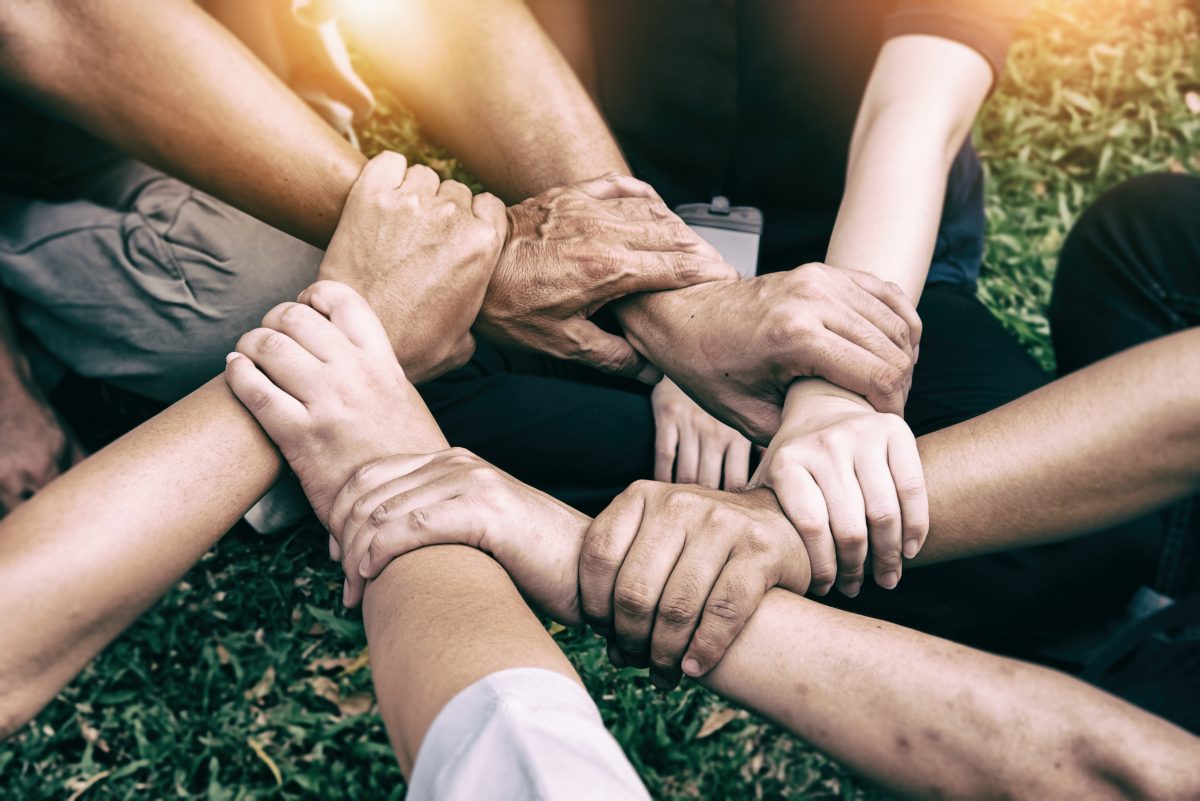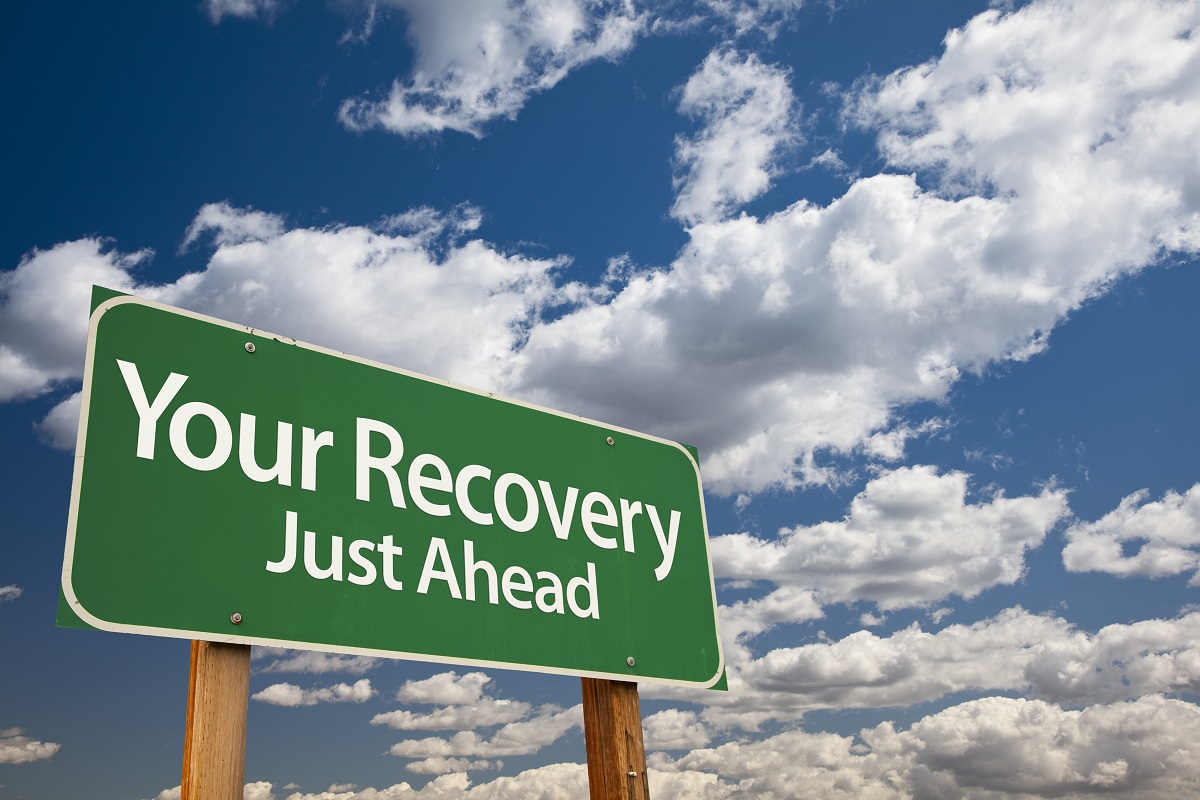The main aim of the sobriety stage is to rebuild and enhance your life. Sobriety sums up individual growth, renewal and regeneration of your physical and mental health. Therefore, you’re expected to undergo a series of mood swings in your first few months of recovery. When it comes to forming a significant relationship or restoring one, you can also experience one or two downfalls.
However, all of these are usual occurrences that are inevitable during recovery. Fixing old friendships or relationships, starting new ones, and staying open to forming new relationships is essential during recovery. Nonetheless, to avoid the risk of relapse while establishing healthy relationships, there are a few factors to take into consideration.
Furthermore, to achieve significant long-term success in addiction treatment, it does not stop at leaving your initial rehab program. It’s a continuous program that requires consistency with each passing time. Sustaining sobriety is a growing process which is continuously impacted by numerous factors in your daily lifestyle. Having stable, significantly healthy and supportive relationships is one of those factors.
Related article: Does Sober Living Work? An In-Depth Explanation
Generally, when suffering from addiction, your relationships with loved ones and others are always at risk as well. You may develop behaviours that are harmful to the relationship during your addiction period. However, since you’re ready for long-term sobriety, it’s ideal to learn ways of restoring and establishing old and new relationships.
Staying away from your old drug-using and drinking mates is a significant step in sustaining your recovery. For people who undergo a professional rehab scheme, this means establishing an entirely new set of friends. Cultivating new friends with positive vibes capable of supporting your recovery efforts is vital for your mental and physical health.
Notably, the early stages of recovery are filled with potential adrenaline rushes resulting in enthusiasm and often boundless possibilities. However, it is possible that you may feel a bit lonely, too. While recovering from addiction, you may feel an expectation of being loved to build or rebuild more passionate relationships. After all, the need to be loved or feel loved is a vital factor in achieving significant emotional well-being.
Nevertheless, jumping into relationships early during sobriety is a huge mistake – especially romantic ones. Generally, the essential relationship your mind and body needs during addiction recovery is the one you have with yourself. By stabilizing yourself properly as a newly sober person, setting your recovery as your priority, and understanding yourself better before setting-up relationships can be the difference. This article will teach you what healthy relationships are and how to maintain them.
Related article: How Much Does Sober Living Cost in Toronto?
What does a healthy relationship mean?
For most people in early addiction recovery, understanding how a healthy relationship works is a new feeling to them.
A large percentage of drug or alcohol addicts get addicted due to poor relationship backgrounds derived from their respective families. In Canada, the level of drug use and abuse is affected by everyday activities. However, most cases treated are often caused by poor familial relationship or early exposure to drug use from parents or peers.
In fact, the negative effects of childhood experiences are a huge risk factor in substance abuse of most addicts. Such negative childhood experiences include different family dysfunctions and challenges, including:
- Emotional or physical rejection.
- Confined member of the household.
- Sexual, emotional, or physical abuse.
- Parental relationship issues, daily fights and arguments, divorce, or separation.
- Witnessing violence on either parent in one way or the other.
- Mental health-related issue or substance use within the family.
Related article: How to Tell if Your Loved One has a Drug Addiction
Hence, what does a healthy relationship mean? A healthy relationship has to deal with developing a mutual connection with people around you. Some of the fundamental principles of a healthy relationship include:
Self-Control
One of the toughest lessons you’ll go through during your recovery process is self-control. Having a solid awareness of self-control is crucial in establishing new relationships during recovery and also to protect your mental health. This is helpful should in case you find yourself in a scenario that could lead to a relapse or recurrence.
For instance, if you’re recovering from alcohol addiction, you have to learn how to say NO when offered a drink. Or maybe when you’re invited to a party with your new friends, and you’re offered a drink. Turning down such an offer that you’re used to taking is an excellent example of self-control.
Note that no one’s view about you will change if you decide to place your health ahead of other things. Every healthy relationship for a recovering addict encourages you to pursue self-control.
Good communication
Having excellent communication skills is vital when establishing a healthy relationship. Healthy communication has to deal with being honest and open, taking responsibility for your emotions and thoughts. When exercising good conversation, if you have a misunderstanding with someone you love, neither call the person’s name nor raise your voice.
Instead of criticizing the person’s character, you should focus on the particular behaviour that caused the issue. Also, healthy social communication involves using “I” statements i.e., taking responsibilities for your perspectives and emotions. For instance, “I feel disheartened whenever you don’t listen to me”. Do this rather than blaming others for your perspectives and emotional distress.
Also, below are a few negative behaviours which might be present in your previous relationships that can poison a relationship:
Manipulative behaviours
Being manipulative in every little situation is a common trait for people with addictions. You may have manipulated your loved ones in one way or the other during addiction – to satisfy your addiction urge.
Sometimes, people under addiction can manipulate others to help them get drugs or cover up for their behaviour while using. If a new relationship involves manipulation, it’s not healthy for you.
Deception and Dishonesty
Deception and dishonesty are common traits in the relationships of addicted people. Often while you’re in the middle of fighting addiction, it sometimes feels more comfortable to deceive and lie than being honest.
Sometimes, addicts may lie about their drug use, misguide others, and may even steal in a bid to obtain drugs. However, with a mouth full of lies and deceptions, maintaining a healthy relationship is impossible.
Enabling behaviours
Enabling behaviours are common habits in the loved ones of people under addiction. They may intentionally or unintentionally allow you to do anything simply because they feel you need help. Some usual unhealthy and enabling behaviours in relationships related to addiction include:
- Co-dependent behaviours of any type.
- Giving you money that you may likely use to get alcohol or drugs.
- Taking charge of your responsibilities and other necessary needs.
- Hiding things, lying, or covering up stuff for you.
- Giving a helping hand to you at the expense of their needs.
- Making excuses for your behaviour.
If you need to work on establishing and maintaining healthy relationships while recovering from alcohol or drugs, get a professional therapist. Consider seeking a professional therapist who specializes in relationships and addictions. This will help you learn the skills you need, and also help you in putting them into use.
Depending on the nature of your relationship, you may get family counselling so that you and your partner can work together on establishing healthy relationships.
How to build healthy relationships
In building a healthy relationship during recovery, some factors are to be considered without hesitation. However, in everything you do while recovering, always make your recovery your main priority. Below are a few factors to be considered before building healthy relationships.
You must be stable in recovery before going into serious relationships
Establishing friendships at work is different from dating the opposite sex during the early recovery stages. Before attempting to establish serious relationships, it’s crucial that you pause and assess your recovery level. Intimate relationships can impact your feelings and therefore, your sobriety ability. Ensure you have the strength to withstand the ups and downs that are imminent in every new romance.
Continuous healthy communication
Communicating your feelings – talking, emailing, and text messaging can have a significant impact on how your feelings and thoughts are organized. We can only understand ourselves through good communication. You can always learn how to communicate effectively, even if you were not good at it during your addiction days.
Always keep in mind that both disagreements and agreements can be communicated effectively, and communication shouldn’t be harsh or intimidating. Starting conversations about unrelated topics and recovery topics springs more intimate understanding of others outside of you.
Learn from your past relationship patterns
Although some of your choices during addiction may be influenced strictly by alcohol and drug use, you can learn from it. The trends which you exhibit during previous relationships can often rise again during recovery – especially the early recovery stage. Consider what transpired in your previous relationships – the bad and the good memories – to avoid trouble.
Undergoing recovery doesn’t make you the least healthy person in a new relationship
Most addicts during recovery sometimes think they are the ones who are sick. Hence, others are much healthier by comparison. That’s not true. It’s vital to stay vigilant when meeting new people and build new relationships. Always take your time to choose who to befriend and to notice any red flags.
Violence, dishonesty, alcohol and drug use, or other unhealthy behaviours should reflect a sign to move on.
Your recovery should always take precedence. It’s essential to make your recovery your primary target. No matter how fascinating a new-found friend or partner is, your recovery should always take precedence.
Make sure you do not miss your therapy session, daily exercise, and put your daily health first. Daily health activities such as working out regularly, eating healthfully, getting good sleep, and so on are your priorities.
This is the best way you can ensure continuity in your addiction recovery, and thus earn a positive result. It’s also helpful in getting along with your feelings and therefore assists in managing stressors that may arise in your next relationship.
Related article: 6 Warning Signs of Relapse
Keep your expectations in any relationship reasonable and honest
One of the most common mistakes in establishing early connections in any relationship is having unreasonable expectations and being misunderstood. You must be able to recognize your expectations and that of others without feeling frightened or betrayed. Understand your emotions and do not get unnecessarily attached to others without their consent.
Always communicate your expectations and know that they may not always be met. Remember that, just like you, no one is perfect. Make an action policy and an efficient way to communicate development without expecting perfection.
Be open, transparent, and honest about your thoughts and emotions. Always keep in mind that the other person may not understand your thoughts and emotions the way you have anticipated. Avoid making assumptions about your thoughts and feelings as that may trigger a relapse.
Set healthy boundaries
Setting healthy boundaries in your relationships is essential, be it with your romantic partner, children, parents, friends, or siblings. It’s your sole responsibility to set your boundaries and respect boundaries set by others. In healthy relationships, you should always be specific and clear about your needs and readily honour the needs of others.
Always make your recovery your top priority
In every relationship, you’re trying to restore or build, know that your recovery is your main target. Avoid peer influence with new friends that may trigger a recurrence. Remember that you’re still recovering from an addiction and relapses may pose more danger, which is risky. Sometimes, relapse can cause more harm than usual, and this can expose you to permanent mental and physical damage.
Be honest and trustworthy
Generally, a relationship built on trust and honesty is known as a healthy relationship. It is like laying a solid foundation for a skyscraper. You’re sure it’ll go a long way. The same way you should build your relationship on honesty and trust, and it’ll go a long way.
A healthy relationship built on honesty and trust brings about pure loyalty; having faith in the other person without any doubts. You do not only want to be open and honest with your loved ones, but you want to trust them too.
It’s always a “give and take” interaction, once you’re open and honest with them, they will reciprocate accordingly. Of course, this is not a hard rule, but it works most of the time.
Conclusion
Often times, healthy relationships may be the difference between staying sober and complete addiction. In addition, always remember that your health is your priority, but during recovery, building healthy relationships is helpful. A good and healthy relationship can help trigger quick recovery and therefore improves your physical and mental health.
If you have any issues with building positive meaningful relationships, please contact us today! Our counsellors are always on hand to help you.
Related article: Does Family Therapy for Addiction Work?






